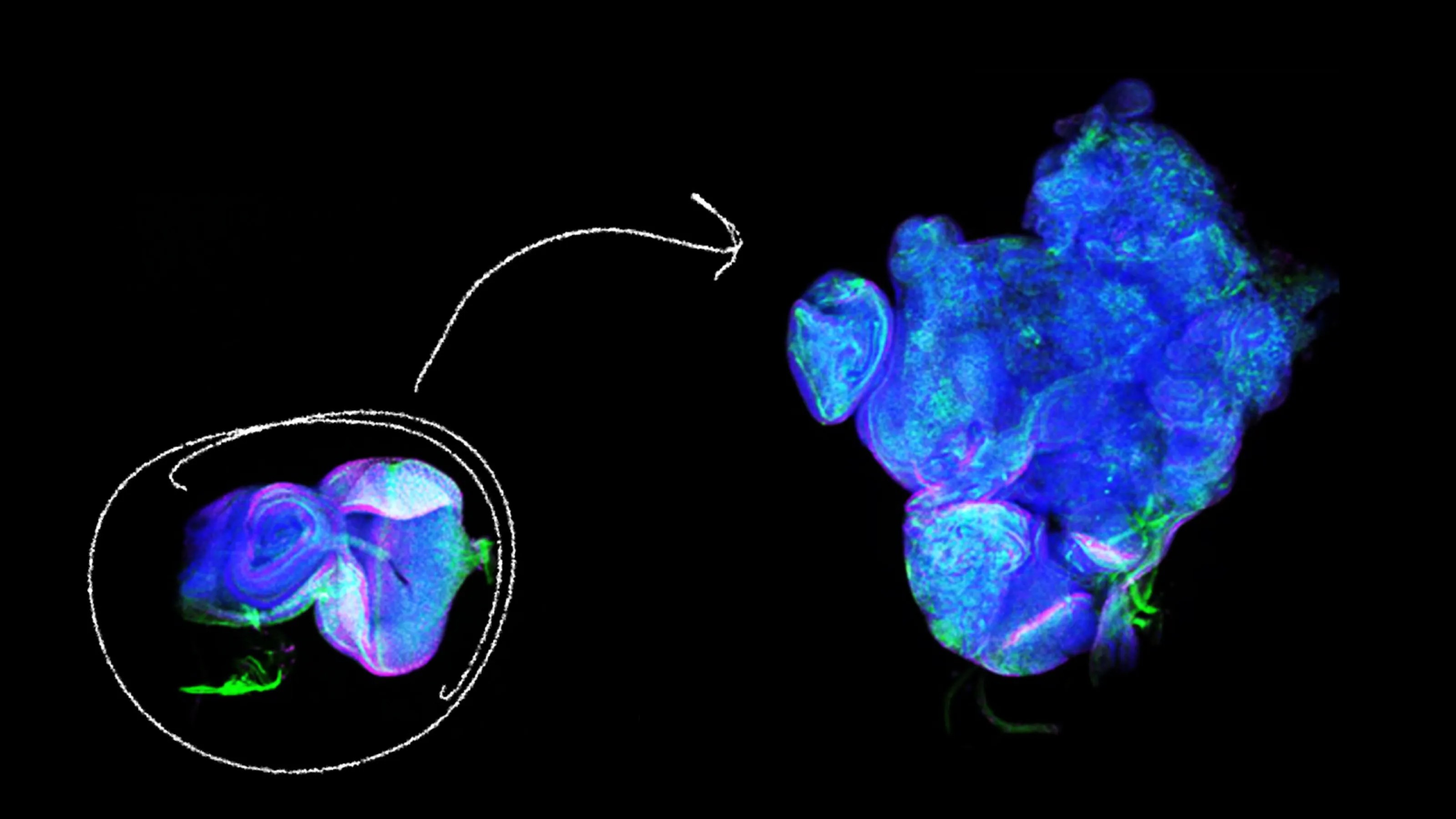Are you sitting down? We’ve got some news: your brain is playing tricks on you. It must be hard to hear that, y’know, since you’ve known your brain for so long. But your brain is perceiving time, color, and a whole array of other things in a fully different way that you think you are. It might sound a big “freshman dorm conversation after midnight” initially, but Dean Buonomano explains perfectly that color (for instance) is little more than wavelengths of the electromagnetic spectrum, and that time is a totally human construct in that it doesn’t exactly exist because it is entirely subjective. Dean’s new book is appropriately called Your Brain Is A Time Machine.
Dean Buonomano: Time is complicated, I think more so than space. If you think about our mammalian ancestors, our mammalian cousins, all animals have a fairly good understanding of space in the sense that they know where a predator is located behind a tree; or if my dog loses its treat it knows to go behind the couch or beside the couch or over the couch.
But time—we navigate space, right. We take left turns, we have a map of space within our heads and we know that if somebody goes around the corner where we can go after them.
But time we don’t navigate time, right. Time is this one way street. And I think in part because of that time is something that we never involved to manipulate to map out because we have very little options. Time doesn’t have any branches or right turns or exits or 180 degree wraparounds. So I think the brain of most mammals didn’t involve to manipulate, to think about time as much as in space.
Although I think humans are unique in the sense that we and perhaps we alone have this notion of past, present and future being fundamentally different from each other an ability to map out time. And the same is true by the way in science. If you think about what’s probably the first field of modern science. Let’s say that’s geometry, right. Geometry, as formalized by Euclid over 2000 years ago is probably the first field of modern science. And why?
I think the reason is is because the universe is a simpler place if we can ignore time. So geometry is basically the study of a universe in which nothing changes. It’s space and objects that don’t change in time. It took another 2000 years for people, great scientists like Galileo and Newton to fully incorporate time into mathematics and physics and to further bring physics into its renaissance in which it fully embraced time and its complexity. Biology as well. Up until the 1800s biology was fairly static until Darwin came along playing the role of Galileo and said “Look, species change. They’re in motion. They’re mutating and adapting.”
I think neuroscience is just reaching that stage now in which it’s fully coming to embrace the time and its full complexity along with dynamics and look at the brain as a time machine of sorts.
So the brain is indeed an illusion factory. Many of the things that we experience in the world around us are an illusion in one sense of that word. So a common example is color.
So color we perceive in this vivid array of different sensory experiences, is something that in many ways an illusion because color doesn’t exist in the physical world.
What exists in the physical world is wavelength. The wavelengths of visible light of the electromagnetic spectrum. The brain if you will imposes a sensory percept on top of those wavelengths which is subject to many illusions. The intensity of green or intensity of blue that we see often doesn’t exactly match the wavelengths that we’re seeing anyway.
So it’s reasonable to ask well maybe our sense of time or our sense of flow of time is an illusion. But I think there’s an important difference between those two subjective experiences.
So our sense of color correlates very tightly with something in the external world, with a physical property which is visible light. And that’s why it’s adaptive. So color evolved, our perception of color evolved because it was adaptive, it was evolutionary adaptive to provide information about the external world. The color of a snake may tell us very important information whether it’s poisonous or not.
Now presumably our sense of the flow of time should be adaptive as well. Most of our subjective experiences presumably have some evolutionary advantage to them. If our sense of the flow of time is an illusion in the deepest sense, meaning that it reflects something that doesn’t exist in the physical world, then it’s a bit hard to understand what would be the evolutionary purpose of our sense of the flow of time. So I think there’s reasons to which physicists and neuroscientists have to collaborate more and to resolve these mysteries. Should we look at the sense of the flow of time, our subjective sense of the flow of time which is very profound, right, where truly every human on the planet has this unmistakable feeling of time flowing and we have to decide if that unmistakable feeling of time flowing by is something that evolved because it offered a selective advantage about what’s happening in the world. And thus it correlates with a property of the universe that really exists or if in contrast it’s an illusion that doesn’t correspond to any property of the physical world. And then in that case physicists don’t have to explain the basis of evolution of consciousness. I mean the illusion of the nature of the flow of time. But neuroscientists have to work to resolve that mystery. On the other hand if we accept that our sense of the flow of time is a valid empirical observation about the external world then physics has to attempt to explain what we are perceiving.





